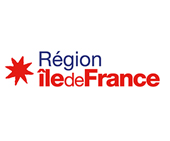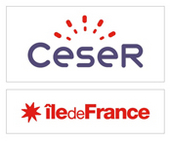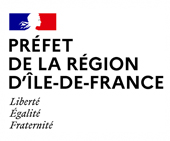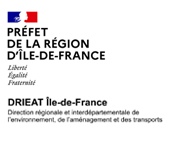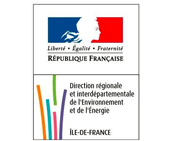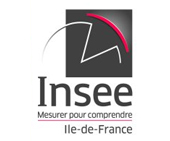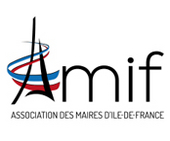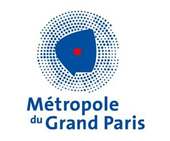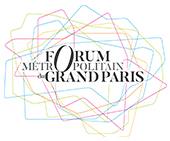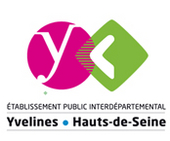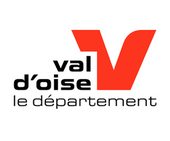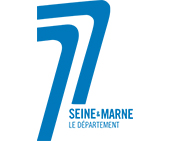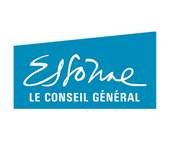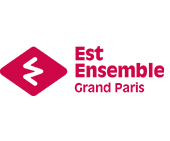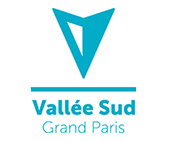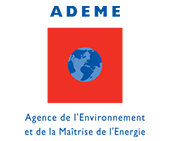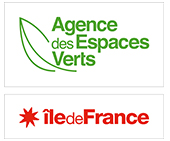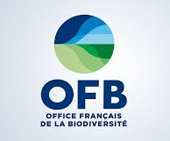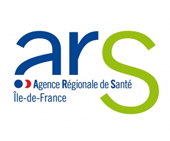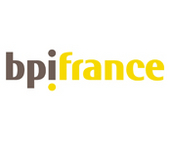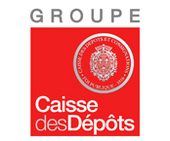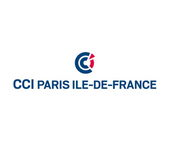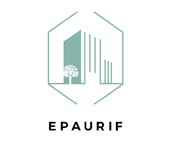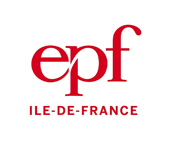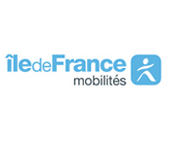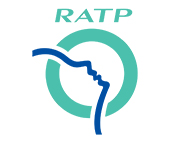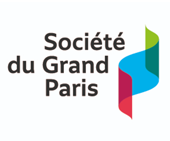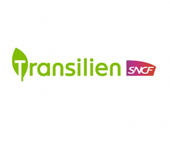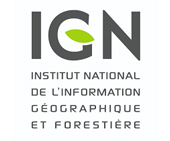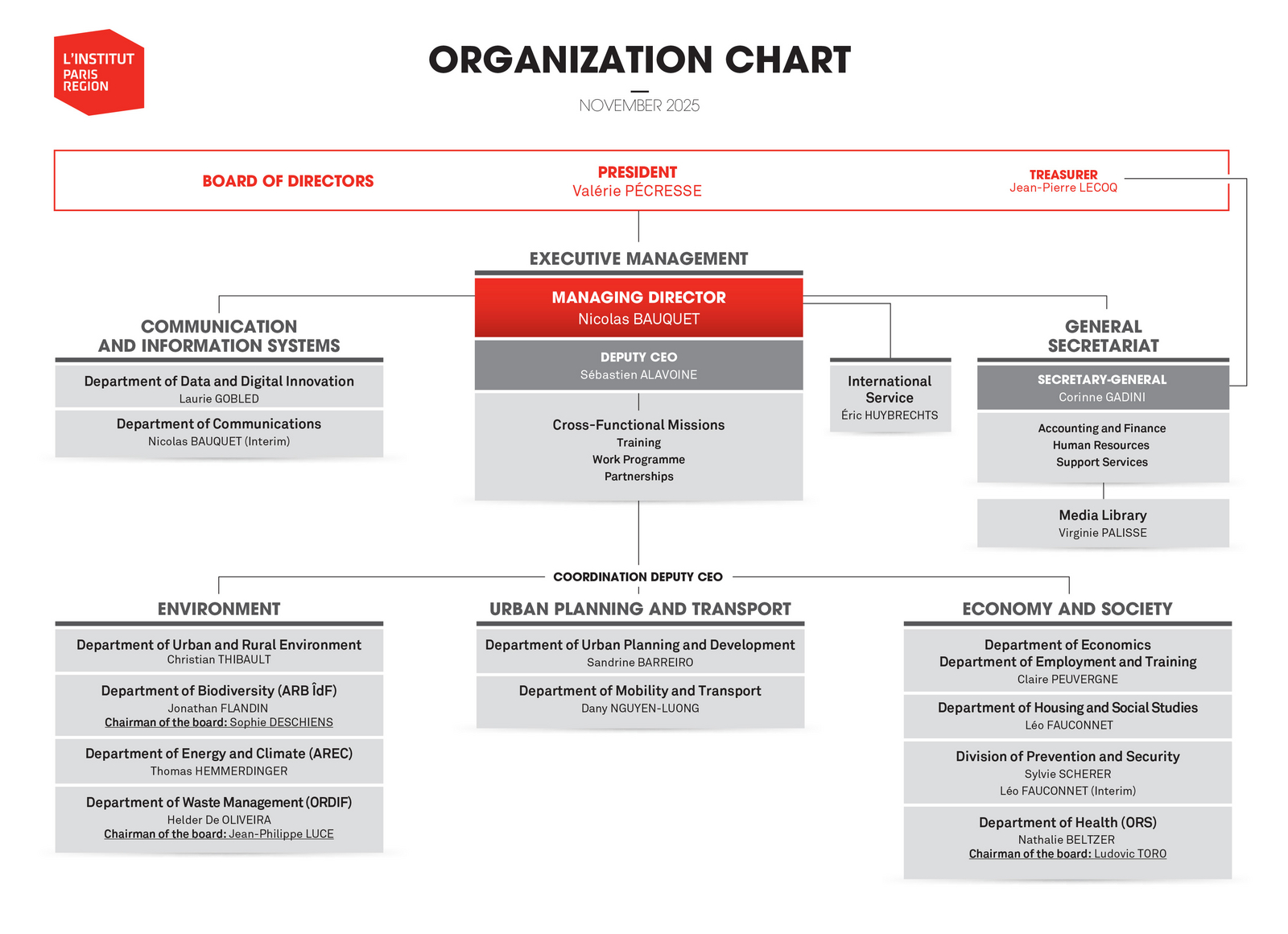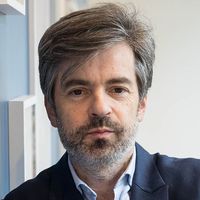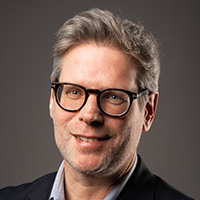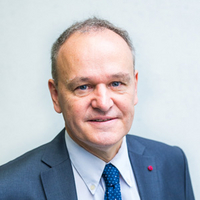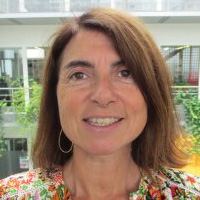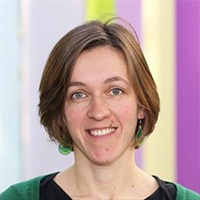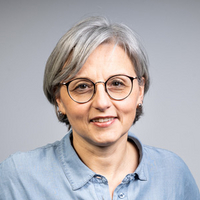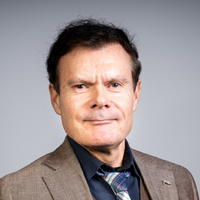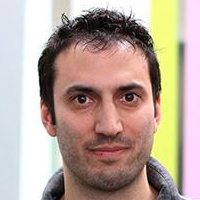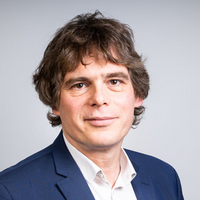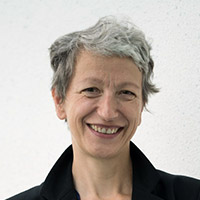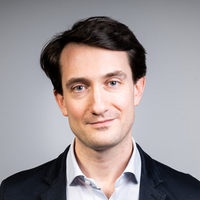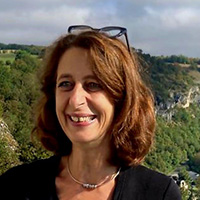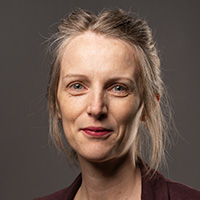L'Institut Paris Region is involved in a large number of networks and partnerships – from technical information services and steering committees to scientific organisations and evaluation or consultative bodies. L'Institut Paris Region also coordinates or supports clubs and associations which provide forums for discussion and analysis: association of developers, of priority urban zones, themed groups run by the Fédération Nationale des Agences d’Urbanisme. At European level, L'Institut Paris Region is involved in various programmes and projects and also in a large number of networks. These European networks are a key advantage when it comes to undertaking comparative analysis on major projects, mobility, indicators, economic strategies and housing. For several years L'Institut Paris Region has also been exporting its expertise on a significant scale initially within the Mediterranean area, in Africa and in Latin America, and then increasingly in the Middle East and Asia.
- ICOMOS - International Council for Monuments and Sites
- L'Institut Paris Region represents ICOMOS as co-chair of Habitat Professional Forum of UN-Habitat, the global network of international organizations of urban professionals
- IUCN - International Union for Conservation of Nature
- Metrex
- WCCF World Cities Culture Forum
- Fedarene
- World Urban Campaign of UN-Habitat
- ICLEI
- PFVT Partenariat français pour la ville et les territoires
- MTPA - Metropolitan and Territorial Planning Agencies global network
- Climate Chance
- L'Institut Paris Region is an authorized NGO as Observer of COP Climate (UNFCCC)
- UN-Habitat (MetroHUB and UNI)
- Metropolis World association
- OECD
- C40
- China Academy of Planning and Design
- Beijing Planning and Design Institute
- Hanoi
- Antananarivo
- Abidjan
- Rufisque
- Casablanca
- Tunis
- Yerevan
- Kiev
- Tchernihiv
